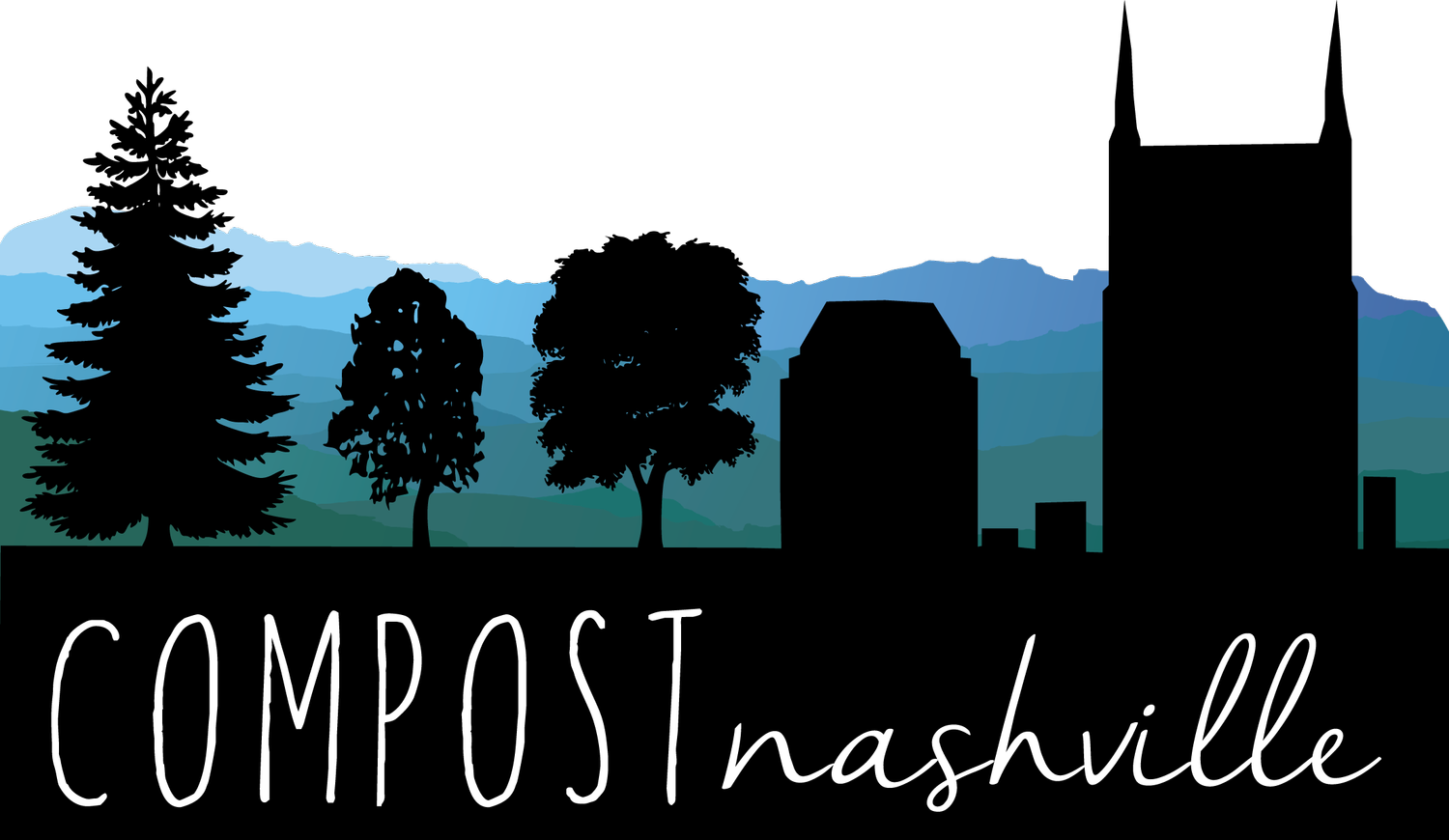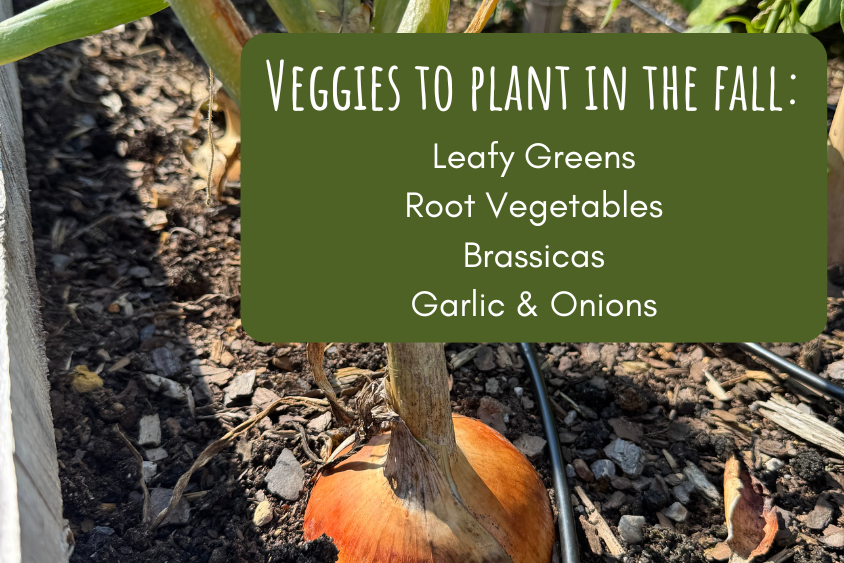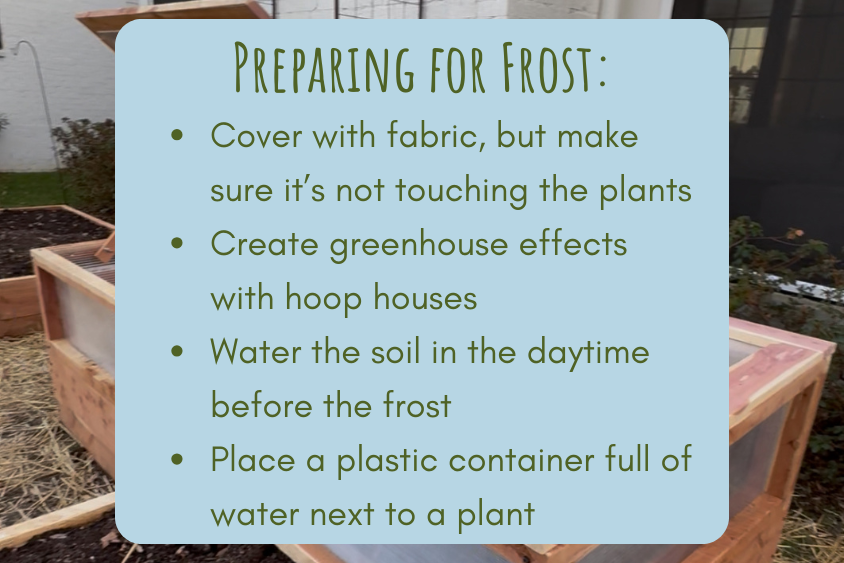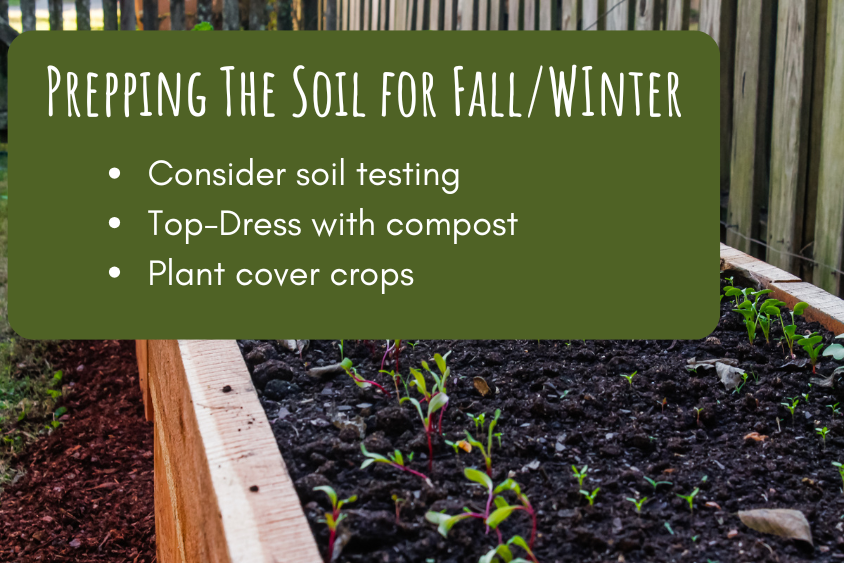Fall Gardening in Nashville
You may be surprised to know that you can create a robust garden in the Fall in Nashville. Some foods and flowers are best planted in the Fall. There are even ways to protect your garden from frost and make sure your soil is healthy for optimal plant growth. We caught up with our friends at Nashville Foodscapes to pick their brains on the best Fall Gardening practices in Middle Tennessee.
What Vegetables can I plant in Nashville in the Fall?
Fall is one of the best gardening seasons here because cooler temperatures make for sweeter crops and garden pests fade with the cold. Additionally, it’s just easier to work in the garden because it’s not so hot! Crops that can be grown in the garden in the fall (and into the winter) are:
Leafy Greens: spinach, kale, Swiss chard, arugula, collards, and lettuces
Root Vegetables: carrots, beets, turnips, and radishes
Brassicas: broccoli, cabbage, Brussels sprouts, and cauliflower
Garlic & Onions: plant in the late Fall for Spring harvest
How to prepare the garden for frosts?
The average first frost date for Nashville is usually near Halloween - late October or early November. Harvest sensitive crops like basil, peppers, tomatoes, and tender greens before the first frost. There are many ways to protect your garden from frost.
Keep it Simple:
Cover with frost fabric or sheets on cold nights. Make sure you have metal hoops or another structure to keep the fabric from touching the plants.
Long-term Solutions:
Build cold frames, low tunnels, or hoop houses to create mini-greenhouse effects and extend the growing season
Pro-Tips:
Water the soil during the day before a frost. Moist soil holds heat better than dry soil
Water releases hit when it freezes. Placing a plastic container full of water next to a plant before it freezes can provide a little extra heat.
What are the best Fall flowers for Nashville gardens?
Pollinator support is really helpful in the Fall and adds a pop of color to your garden. Native perennials establish strong roots over winter, and it’s the perfect time to plant fruit trees, berry bushes, and landscape trees.
Perennials: Goldenrod, asters, black-eyed susans, joe pye weed, coneflowers, and sedums
Annuals: zinnias, mums (chrysanthemums), pansies, marigolds, and cosmos
Bulbs to bloom in the Spring: daffodils, tulips, and crocuses
How can I improve my soil for Fall planting?
Healthy soil is the foundation of every successful garden. Soil testing, planting cover crops, and adding amendments can help boost your soil during the Fall/Winter seasons.
Consider soil testing to learn pH and nutrient levels before adding amendments.
If you aren’t gardening through the winter, you can plant cover crops like crimson clover, hairy vetch, Austrian winter pea, or rye to build organic matter and protect the soil.
Top-dress soil with compost. Compost Nashville delivers finished compost to their composters, including at least one complimentary bag each calendar year. Apply 1-2 inches of finished compost as a blanket over beds and mix compost into topsoil where you’ll plant fall crops.
Any other tips for Fall gardening in Nashville?
Leave the leaves! They feed soil, protect pollinators, and provide habitat. Leave flower heads and stems because birds eat the seeds, and native pollinators overwinter inside.
Pull out Summer crops that are frost-killed, like basil, peppers, tomatoes, and tender greens. This helps prevent future plant disease from spreading. But don’t assume gardening ends in the Fall! You can overwinter crops like kale, cabbage, collards, spinach, broccoli, onions, and garlic.
For more tips on Fall gardening, or to have us do the hard work for you, contact Nashville Foodscapes.
Need finished compost or someone to handle the composting for you? Reach out to Compost Nashville.






